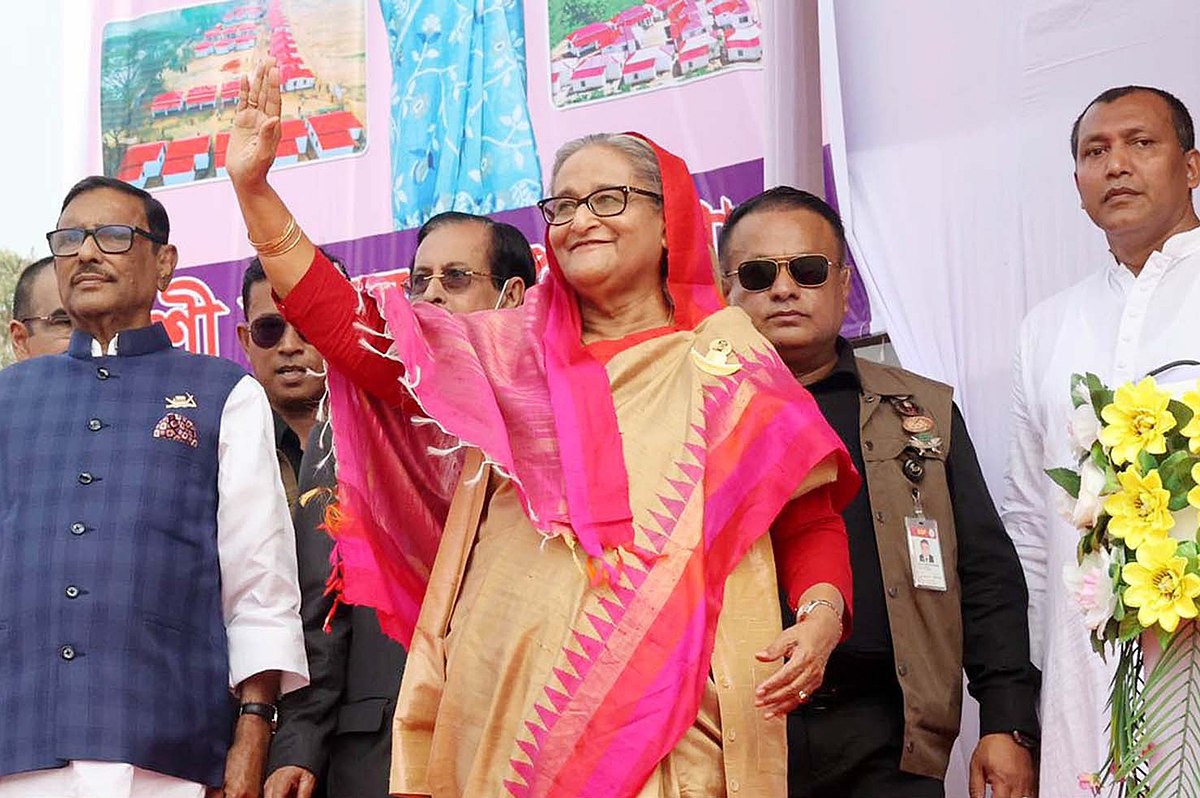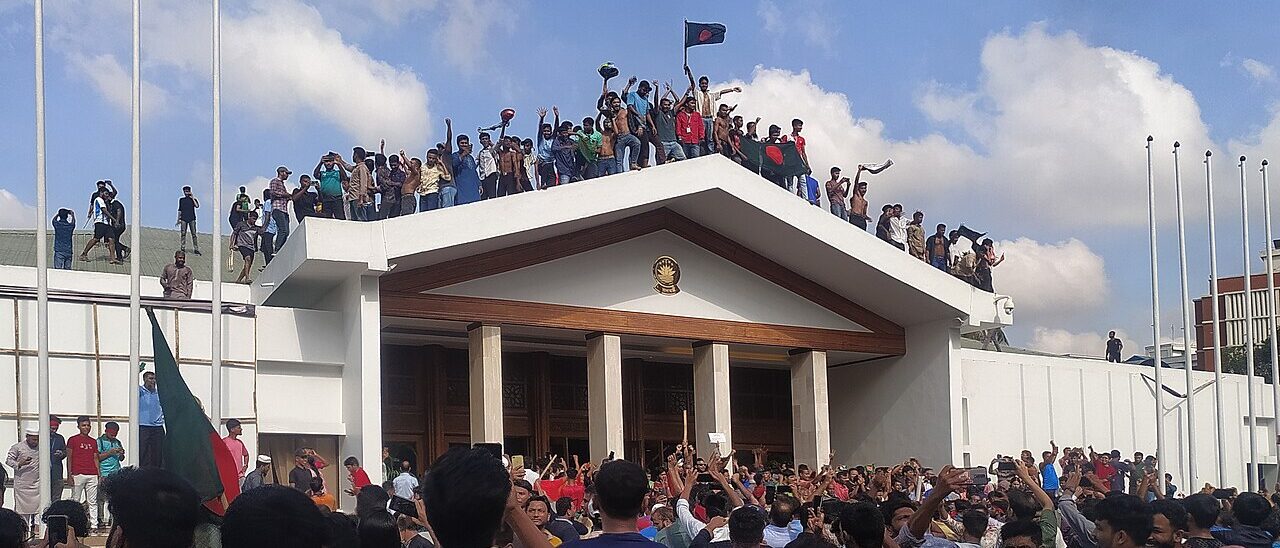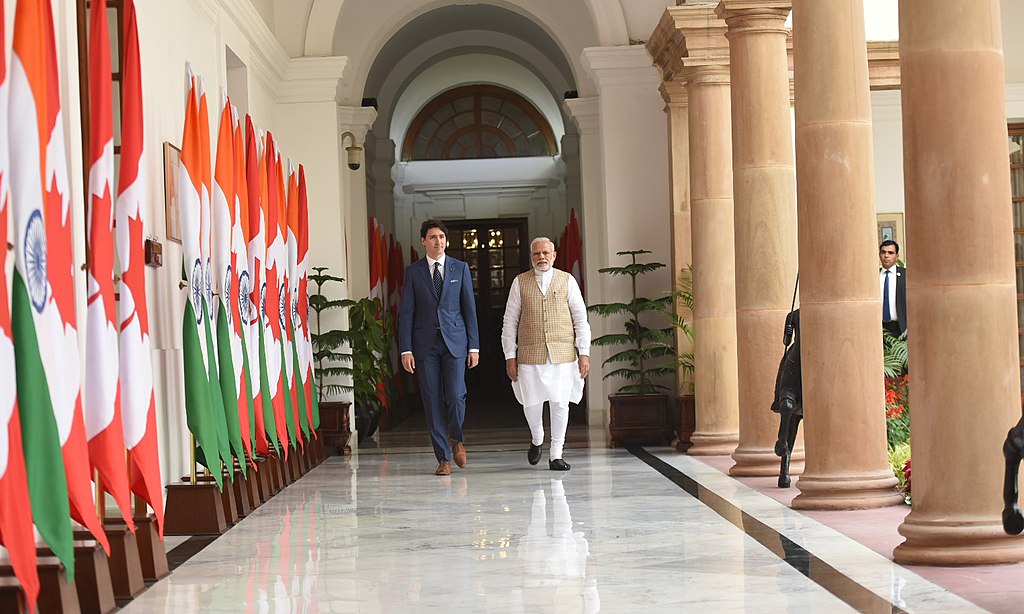This is a summary of the original article by Shafquat Rabbee that may be found here
Sheikh Hasina, who had solidified her power over the years through authoritarian means, is depicted as a dominant and ruthless leader who effectively became the state itself. Her rule was characterized by the systematic suppression of political opponents, many of whom were jailed, exiled, or eliminated. Under her regime, all branches of the Bangladeshi state were brought under her control, making her one of the most entrenched leaders in South Asia.
The catalyst for her downfall was a student-led movement that began as a protest against an unfair civil service quota system, which disproportionately favored the relatives of Hasina’s political allies. The movement, called Students Against Discrimination, was unique in its organizational structure, relying on a distributed leadership model where coordinators from various educational institutions led the efforts. This structure, along with the students’ previous experience in organizing protests—particularly the 2018 demonstrations against the country’s lawless transportation sector—enabled them to effectively mobilize large segments of the population.
The movement quickly gained momentum, with marches and protests spreading across the country. Despite attempts by Hasina’s security forces to suppress the protests through violence, the movement continued to grow, drawing in a broad base of support. Students’ success was not just in their numbers but in their strategic use of alternative communication methods and their ability to organize under repressive conditions, such as internet blockades and government surveillance.
The culmination of these efforts was the eventual forced departure of Hasina, who fled the country via helicopter. This marked a significant victory for the student movement and a historic moment in Bangladesh’s political history, as no other leader of Hasina’s stature had been forced to flee due to popular dissent.
In the wake of Hasina’s departure, an interim caretaker government was established, led by Dr. Muhammad Yunus, Bangladesh’s only Nobel laureate and a figure respected across the nation. This interim government, which includes a 16-member advisory panel, has been tasked with steering the country through this transitional period. However, the challenges facing this new government are immense. One of the primary issues is the deep entrenchment of Hasina’s loyalists within the state apparatus, including the judiciary, bureaucracy, police, and military. Reforming these institutions to restore public confidence and ensure a fair and transparent electoral process will be a complex and lengthy process.
The interim government must also navigate complex international relations, particularly with India and China. India, which was a key supporter of Hasina, is concerned about the potential instability in Bangladesh and the safety of its Hindu minority population. New administration will need to carefully manage these concerns while balancing relations with China and addressing American concerns about human rights.
Despite the optimism surrounding the ousting of Hasina, the road ahead is fraught with challenges. The interim government faces the difficult task of organizing new elections, a process that will be complicated by the legacy of Hasina’s regime. This includes the widespread corruption and the entrenched influence of Hasina’s loyalists within the state. Additionally, the demands of the student movement, which include a complete purge of corrupt influences from Bangladeshi politics, will require sustained and determined efforts to achieve.
While Sheikh Hasina’s departure marks a significant victory for the people of Bangladesh, particularly the youth, the long-term success of this political shift will depend on the ability of the interim government to implement meaningful reforms and manage external pressures effectively. The challenges are significant, but there is cautious optimism that this could be a turning point for Bangladesh, potentially leading to a more democratic and just society.
In conclusion, Bangladesh is a nation at a crossroads, with significant challenges and opportunities ahead. The success of this new era in Bangladesh’s history will depend on the ability of its leaders to navigate the complex landscape left behind by Hasina’s departure, and on the continued vigilance and engagement of the population, particularly the youth, who played a pivotal role in bringing about this change.
The views expressed herein may not necessarily reflect the views of JI FAD and/or any of its affiliates






